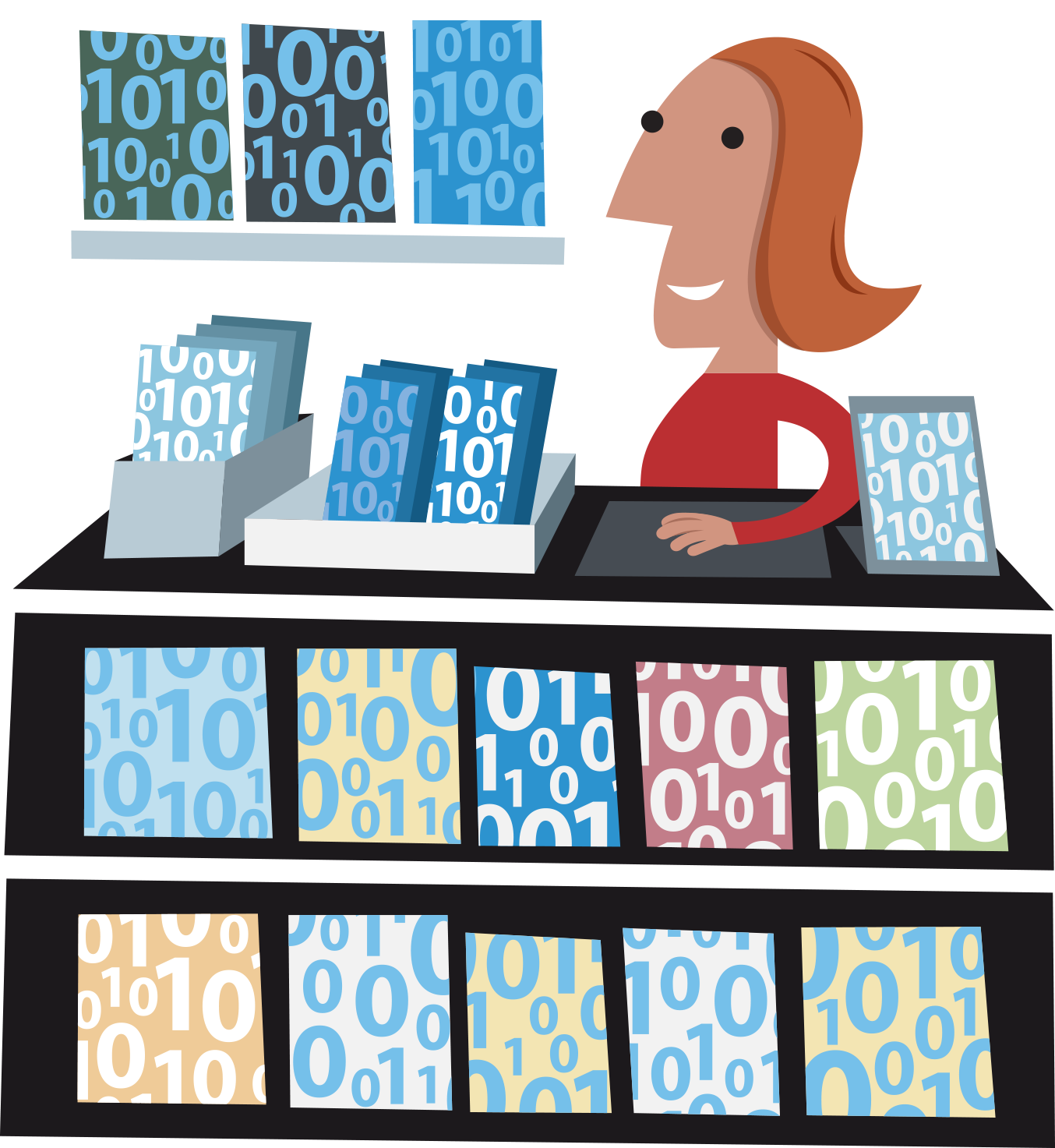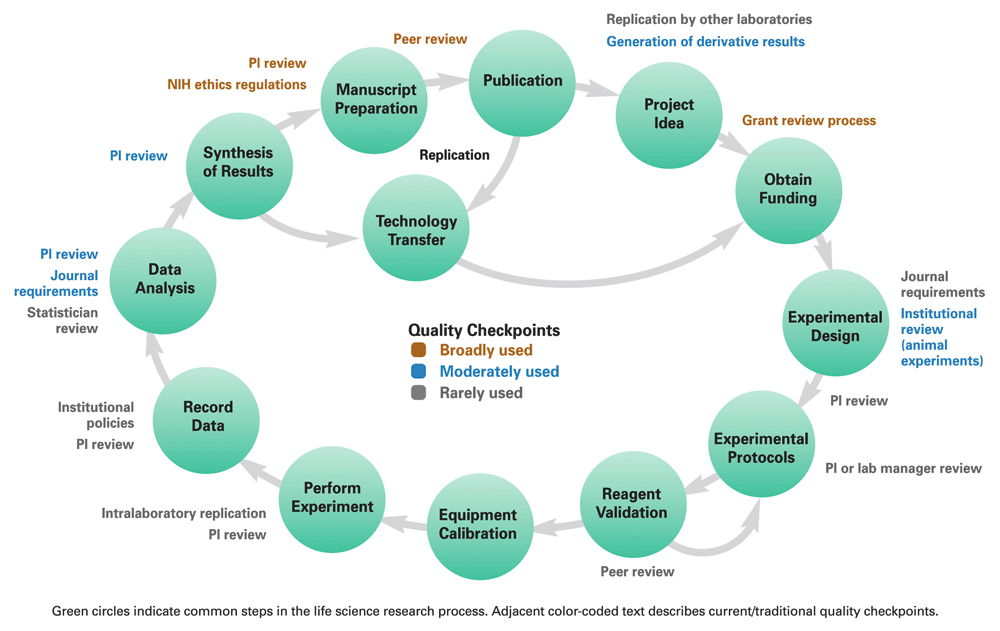open FAIR data is coming
A scientist is sitting in the cafeteria, we ear people chatting: Do you know, you need to provide your data when you publish? The data should be in a state where it can be re-used. And each scientist is responsible for dealing with his data. The scientist says: “That is bullshit: who is saying that?” Our main funders (DFG) Our favorite publishers Our employer, the university, is, too!





